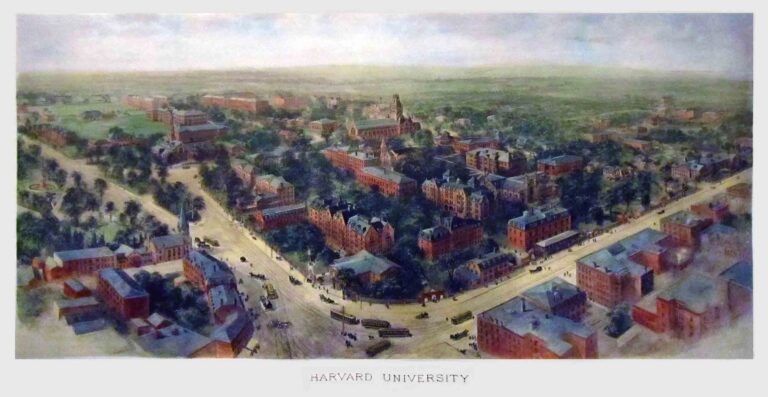It has been often said that Christianity is harmful to society. Just look at the Crusades, Inquisitions, witch-burnings, etc. In fact, religion in general is harmful to society, at least according to some people. Atheists have even tried to turn this from a complaint about religion to an argument against Christianity. It basically goes that since Christianity is responsible for so much bloodshed, it can’t possibly have any divine origins and so is not true.
This can become an intellectual barrier as well an emotional barrier to knowing God and because of that I thought it would be good to look at this issue from several different angles and explore whether this is a good argument against Christianity.
Even though you can take a casual scan of the Gospels and the rest of the New Testament and clearly see that Christianity does not teach violence and oppression, this still becomes a problem for a lot of unbelievers. Is it really true that Christianity is inherently violent and harmful because people proclaiming to be Christians from the past were violent and oppressive? To answer this question, there are some additional questions we should ask and answer first:
What is a Christian?
Is it religion or people that are the problem?
Is Atheism any better?
Has Christianity had an overall positive impact on the world?
When you have someone who claims to be a Christian and who commits some terrible tragedy of some immense magnitude like a bombing or shooting, whether it’s today or in the past, we would immediately say: Well, he’s not a Christian. You will come across some people who think differently and say: To say this person, who claims to be a Christian, is not one based on his/her actions, commits the No True Scotsman fallacy.
The No True Scotsman fallacy occurs when one makes a claim that someone would never do a certain thing because they’re a certain classification of a person. The recognition of this fallacy originated with the example of a Scotsman reading the newspaper and saw that a horrible act was committed in his community. He responded by saying that: “No true Scotsman would do such a thing.” The implication is that certain types of people are incapable of doing certain bad things. Christians are often accused of using this fallacy when they are confronted with an example of a person who claims to be a Christian (like Hitler) but did something immoral (like killing six million Jews).
There are two points I want to make in regards to this. First, I think when most people say that a person is not a true Christian, many times what they really mean is, they’re not living consistently with Christ’s teachings. So, in this sense of the word “Christian”—Christ-like—it’s true that they’re not really a Christian.
Second, before this issue can really be answered, we need to address what is the definition of Christian. Let’s look at an analogy that puts some light on this question. If Larry lives in Scotland, but isn’t a citizen and wasn’t born there, then he does not meet the qualifications of a Scotsman. Simply stated, Larry isn’t a true Scotsman! Likewise, there are many opinions on what a Christian is. The only real authority on this question would be the Bible. Unfortunately, Jesus never used the term “Christian.” Once you do some reflective thinking and examine the texts of the New Testament carefully, I think it is safe and reasonable to say that at minimum a Christian is someone who follows Christ’s teachings and commands. If that’s not a Christian then I don’t know what a Christian is.
As you study the Gospels, you will see that Jesus focuses a lot on the importance of people following his commands and teachings and not that a person claims to follow him. To those who follow/keep Christ’s commands, He says of those people that they:
really love Him (John 14:21)
remain in His love (John 15:10)
are called His friends (John 15:14)
are His disciples (John 8:31)
is His spiritual mother/brother/sister (John 8; Matthew 12; Mark 3).
That’s about as close to being “Christian” as you can get. (Also, check out Dr. Rod Culbertson’s series’ “The Fruit of Following God” for more qualities of a true Christian.) In contrast, Matthew 7 talks about Jesus foretelling that there will be people who claim to follow Him but really are not following him. He called these people false prophets and wolves in sheep’s clothing. He talked about how you will know them by their fruits. A good tree produces good fruit and a bad tree produces bad fruit. Those who do not follow Jesus will manifest bad fruit because they are not of Him.
The Bible acknowledges that as Christians we still sin (1 John 1:9), still struggle with our desires (Romans 7), and have some growing to do (Philippians 1:6). We all know this. However, Christians ought to sin less and not pursue or continuously be in sinful behavior (Romans 6:1-2).
So, while some Christians are guilty of using the No True Scotsman fallacy (because even born-again Christians are not morally perfect and will at times sin), there are times the statement: they’re not a true Christian, is in fact true. This is especially true in some parts of the USA where cultural Christianity abounds. For those who might not know, cultural Christians are people who assume they are a Christian solely because they go to church, like Jesus, or act moral in a Christian cultural background—in other words, they don’t meet the criteria of a “true Christian.” If they haven’t placed their faith in Christ alone for the forgiveness of their sins, they are not a Christian because they’re not following Christ’s teachings and commands about repenting and putting their trust in what He did on the cross. That was one of the main teachings and commands from Jesus. That was his main mission on earth. He didn’t come to make bad men good. He came to make dead men live. And we are only alive in Jesus Christ.
More on this topic to be discussed in parts 2 and 3 of this series.



